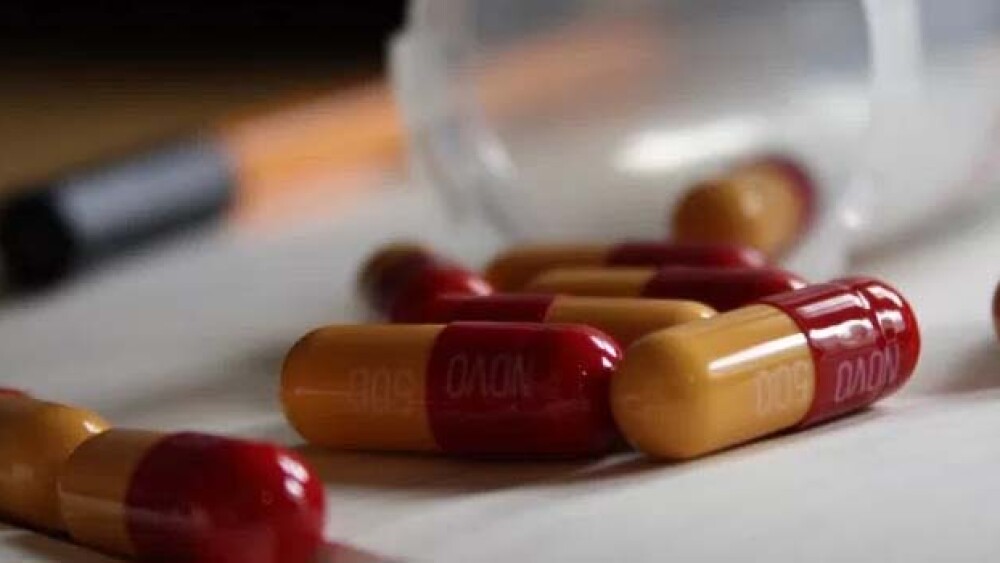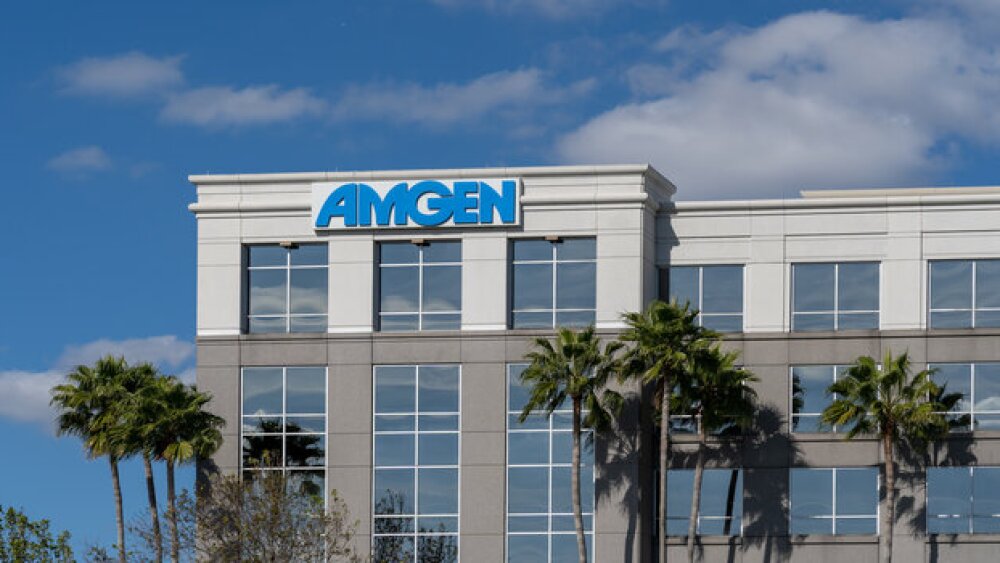Galera Therapeutics has initiated its Phase I/II clinical trial of GC4419 in locally advanced pancreatic cancer (LAPC).
Galera Therapeutics, LLC, based in Malvern, Pennsylvania, initiated its Phase I/II clinical trial of GC4419 in locally advanced pancreatic cancer (LAPC), dosing the first patient.
The compound is a highly selective small molecule dismutase mimetic. Preclinical studies have shown that it potentially can improve the effectiveness of radiation therapy and prevent normal tissue toxicity. The drug uses the company’s dismutase mimetic platform to rapidly convert the superoxide created by radiation into hydrogen peroxide, which is lethal to cancer cells. The strongest effects have been noted when GC4419 is combined with targeted, high doses of radiation, such as those used in stereotactic body radiation therapy (SBRT).
The first patient was dosed at The University of Texas MD Anderson Cancer Center in Houston, Texas.
“Our recently completed 223-patient Phase IIb trial of GC4419 in head and neck cancer demonstrated GC4419’s ability to limit radiation-induced healthy tissue damage by reducing the duration, incidence and severity of radiation and chemotherapy-induced oral mucositis,” said Mel Sorensen, Galera’s president and chief executive officer, in a statement. “We seek to build upon these results with this anti-tumor trial in LAPC and generate robust data to demonstrate GC4419’s potential to change the management of radiation therapy by both protecting normal tissue and improving the effectiveness of radiation, making more surgical resections possible.”
The company also announced today that the U.S. Food and Drug Administration (FDA) granted Breakthrough Therapy designation to GC4419. The designation was based on data from its Phase IIb trial. The compound cut the duration of severe oral mucositits (SOM) from 19 days to 1.5 days, and the incidence of SOM through completion of radiation therapy by 34 percent, and the severity of the patient’s OM by 47 percent. The FDA also granted it Fast Track designation for the reduction of the severity and incidence of radiation and chemotherapy-induced OM.
The United Kingdom’s Medicines and Healthcare Products Regulatory Agency (MHRA) also gave it Promising Innovative Medicines (PIM) designation in July 2017. This makes it potentially eligible for the UK’s Early Access to Medicines Scheme (EAMS).
“We are pleased that GC4419 has been granted a PIM designation, demonstrating the MHRA’s commitment to facilitate the development of GC4419 as an important new therapy for head and neck cancer patients experiencing the debilitating side effect of severe oral mucositis,” Sorensen said in a statement at the time. “With a positive EAMS opinion, GC4419 could be available to patients prior to receiving marketing authorization in the UK.”
A privately-held company, Galera Therapeutics raised $11 million in Series A financing in December 2012 and another $37 million in Series B in October 2015. In December 2016, it expanded the Series B financing to $57 million. The addition was by Sofinnova Ventures, which joined existing investors New Enterprise Associates, Novartis Venture Fund, Novo Ventures, Correlation Ventures, Enso Ventures and Galera Angels.
Other companies working in the oral mucositis market include Colby Pharmaceutical, Humanetics Corp, Innovation Pharmaceuticals, Monopar Therapeutics, Oragenics, Soligenix, Spectrum Pharmaceuticals, Spherium Biomed and others.





